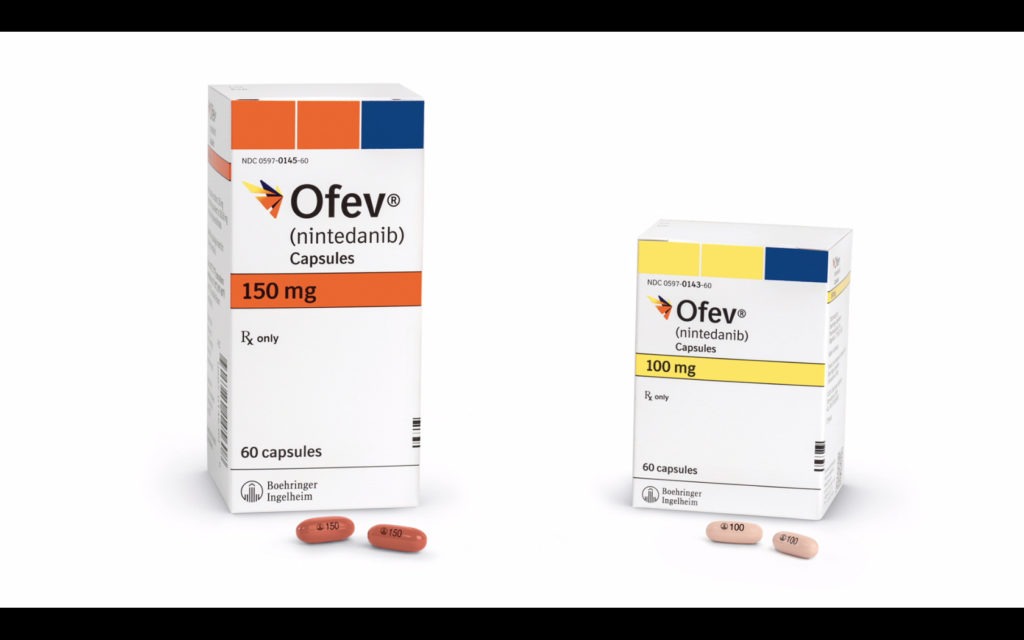Boehringer Ingelheim Pharmaceuticals has secured approval for Ofev (nintedanib) capsules from the US Food and Drug Administration (FDA) for the treatment of interstitial lung disease associated with systemic sclerosis or scleroderma (SSc-ILD).

Image: Product shot of Ofev capsules. Photo: courtesy of Boehringer Ingelheim Pharmaceuticals, Inc.
Subscribe to our email newsletter
Ofev has been indicated for slowing the rate of decline in pulmonary function in adult patients with SSc-ILD, which makes it the first FDA-approved treatment for the rare lung condition.
Originally, the kinase inhibitor was approved by the US regulator in 2014 for idiopathic pulmonary fibrosis (IPF) in adult patients.
According to the FDA, scleroderma causes thickening and scarring of tissue throughout the body, affecting the lungs and other organs. Considered to be a common disease manifestation of scleroderma, interstitial lung disease is a condition that damages a part of the lung’s structure called the interstitium.
In SSc-ILD, lung function declines over time, thereby making it a debilitating and a life-threatening condition.
Ofev is a kinase inhibitor that has been designed to inhibit growth factor receptors like the vascular endothelial growth factor receptor (VEGFR), platelet-derived growth factor receptor (PDGFR), and fibroblast growth factor receptor (FGFR).
FDA centre for drug evaluation and research pulmonary, allergy, and rheumatology products division rheumatology associate director Nikolay Nikolov said: “Patients suffering from scleroderma need effective therapies, and the FDA supports the efforts of drug companies that are designing and conducting the clinical trials necessary to bring treatment options to scleroderma patients.
“Nintedanib is now a treatment option to slow the rate of decline in pulmonary function in patients who have interstitial lung disease from scleroderma.”
The approval for Ofev in SSc-ILD is based on the results of a randomised, double-blind, placebo-controlled trial involving 576 patients in the age group of 20-79 years. The trial showed that the patients treated with the kinase inhibitor had less lung function decline in comparison to those in the placebo arm.
The kinase inhibitor blocks growth factor receptors like the vascular endothelial growth factor receptor (VEGFR), fibroblast growth factor receptor (FGFR), and platelet-derived growth factor receptor (PDGFR). Prior to its approval in SSc-ILD, Ofev was given the orphan drug designation and the priority review designation by the FDA.
 Advertise With UsAdvertise on our extensive network of industry websites and newsletters.
Advertise With UsAdvertise on our extensive network of industry websites and newsletters.
 Get the PBR newsletterSign up to our free email to get all the latest PBR
news.
Get the PBR newsletterSign up to our free email to get all the latest PBR
news.

